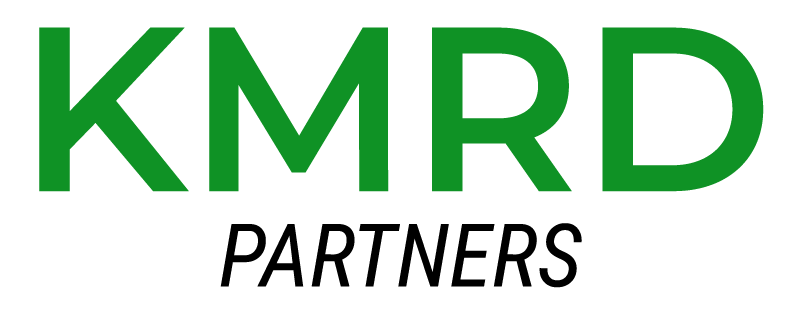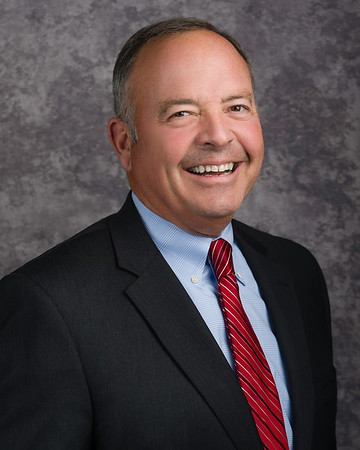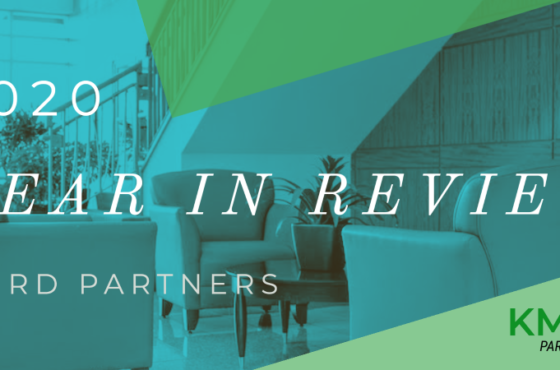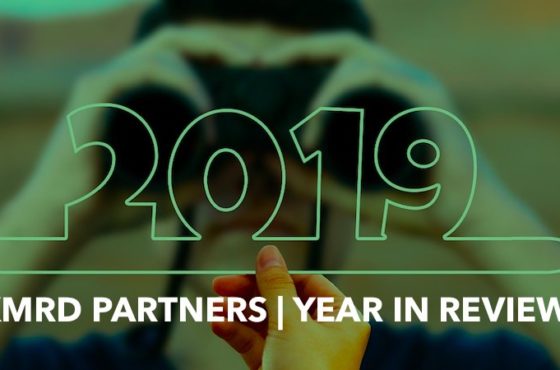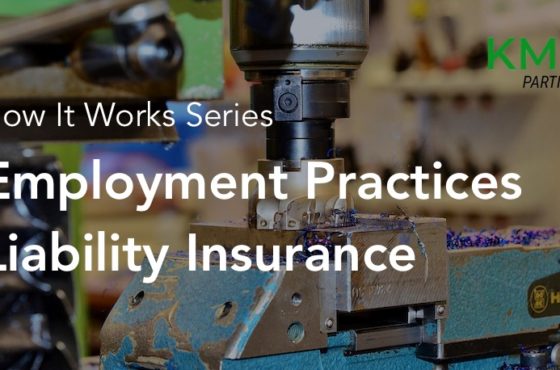Risk Perspectives: Where are the Thought Leaders in the Risk Insurance Industry?
Risk insurance industry representatives are rarely asked to weigh in on the pressing issue of the day. Within our culture, thought leadership and the risk insurance industry are rarely intertwined – and I think I know why.
Thought leaders in the risk insurance industry are sought out for their opinions and ideas. We are experts in the field who can see the “bigger picture” on issues important to many. College professors, politicians, editorial writers and financial analysts are some of the professionals in which thought leadership seems to most comfortably reside.
The reasons behind our exclusion, I suppose, are varied.
Risk insurance professionals seem to have been barred from the thought-leadership space, perhaps because most people are unaware of the nature and impact of the industry on their daily lives. “Out of sight, out of mind” represents a fairly common theme about insurance.
When conducting the day-to-day business of insurance, it is easy for industry executives to lose sight of the forest for the trees. Ours is a highly regulated business, in which attention to detail is of the greatest importance.
Each risk insurance policy we negotiate on behalf of our clients must be carefully constructed to cover a myriad of conceivable risk. One missing word or poorly constructed sentence will result in a potentially devastating claim rejection. A requisite focus on detail can crowd out the bigger picture.
Also See: Insurance Tip: What to Look for in a Liability Insurance Policy
We are the equivalent of firewatchers. Business owners depend on us to identify, root out and transfer risk in a number of ways. Our constant state of heightened wariness has a leveling effect. For many of us “firewatchers,” small things matter a great deal— a shift in the winds, a dry summer or an untended campfire or a change in claims management, carrier appetite or operations. To live in the moment and be aware of the need to be diligent now does not allow for the forward-looking characteristics normally reserved for someone considered a thought leader.
Also see: 2016 KMRD Year in Review
This may also be one of many reasons our industry doesn’t attract young people who are mental gymnasts. This can partially be blamed on the popular perception of a career in risk insurance. Young people searching for a career rarely associate the words exciting, challenging and stimulating with the risk insurance industry. A young insurance producer is never the lead in a TV drama and certainly not a sitcom. Of course, perception is only a piece of the puzzle. The ideal skill set demanded for an insurance professional may discourage young people who view being a thought leader as a personal career destination and goal.
Also see: Why Employees Like KMRD and How KMRD Got Started
Yet, any modestly observant and well-read person can see a great deal is happening in the world and in our business. The rapidly shifting landscape requires muscular thought leadership from insurance professionals—not one but many. One of the many issues we as an industry face is the perception of being slow to change, to adapt and “flex” when necessary. A cursory review of some of the recent system combinations in the industry reveal just how inflexible we are in modifying how we do what we do.
CFO Magazine’s recent article titled “Insurance’s Innovation Gap” (April 3, 2017 by David Katz) was not flattering.
The mounting challenges of cyber security, alone, demand herculean thought leadership. Although nearly every nonprofit and commercial organization would benefit from the addition of cyber liability coverage to its insurance portfolio, many do not have this coverage. We believe they do not fully appreciate the potentially ruinous risks or are perhaps waiting for some bellwether event to push them into a purchase. It is our job as risk managers and risk insurance industry professionals to identify and negotiate adequate coverages, build a persuasive sales argument and successfully communicate it.
Of course, even as we take the lead in managing current cyber risks, new and heightened risks are evolving. Thought leadership must look ahead to evolving cyber threats and begin to formulate a risk management response.
Also see: 5 Top Risks in a Business; Cyber is a Big One
Emerging artificial intelligence applications also require strong thought leadership from the risk perspective. As those who are working to make the wildest dreams of this technology reality, insurance industry professionals must be equally imaginative in analyzing emerging risks and developing coverages to mitigate and transfer these risks.
See also: 4 Steps to Effective Risk Management
As the gig economy (the economy centered around short-term contracts) spreads through wide swaths of the commercial landscape, insurance industry professionals must provide the thought leadership required to manage emerging risks. The speed with which the gig economy is advancing only adds to the urgency. While Uber was founded only eight years ago, it now operates in 570 cities worldwide.
The breadth of the gig economy also calls for thought leadership. The simple risks posed by dog walking apps, for example, are as new as morning. The risks to both those who walk and own the dogs are as numerous as the minutes in the rest of the day.
The promise of driverless cars challenges our thought leadership in more than one way. Assurances regarding the safety of this technology notwithstanding, there will be a place for risk management. Insurance industry professionals must identify and evaluate the risks, while developing appropriate coverages. As an industry, we must also prepare for potential lost revenue as safe technology takes the seats formerly occupied by accident-prone drivers.
Also see: KMRD Wins Award Honoring Ethics in the Workplace
Drone sales are expected to nearly triple from 2.5 million in 2016 to 7 million in 2020, the FAA said last year. Without getting fancy about it, risks and claims stemming from new drone sales will also likely nearly triple in these four years. Thought leadership must anticipate the type and extent of these risks, while calculating the cost of the claims.
Also see: Why the KMRD Claims Advocacy Process is the Best
Discussions of drones may also lead to the perils of terrorism. As events in Europe demonstrate, terrorists are prepared to turn even motor vehicles into weapons. These acts appear to be random and are exceedingly difficult to predict. Thought leadership is required to mitigate the unknown risks—a very tall order—and anticipate the claims. It is not something we as an industry can do alone, but we must be active participants when the solving begins.
The new administration in Washington also calls for thought leadership. As rules regarding the Internet, the environment, healthcare and so much more shift, the risk insurance industry must provide thought leadership to insureds who are affected by these changes.
As a general principle, the risk insurance industry must take a seat at the table. There are many moving pieces in any functioning society. These include technology, human capital, innovation, infrastructure, transportation, public utilities and hundreds more. Risk is not simply one of the moving pieces; it is a major component running through all of them like a coil of rope. This is our area of expertise. It is where our thoughts must be heard.
Kevin McPoyle is the President and Co-Founder of KMRD Partners (reprinted from Carrier Management)
Learn more about why our employees like working at KMRD. Visit our career page and apply to join our team.
Contact UsMeet the KMRD Team About KMRD
If you don’t want to apply at this time but think you might in the future, let’s stay in touch via social media. Follow our LinkedIn Corporate Page and Twitter Profile.
The content available on or through this e-letter is in no way intended to and shall not be construed to constitute professional medical, health, legal, tax or financial advice. KMRD Partners disclaims any liability or loss in connection with the content contained in this e-letter.
